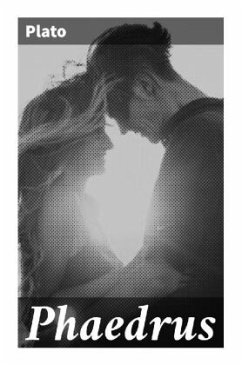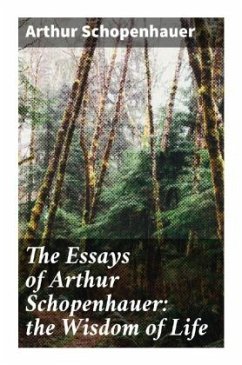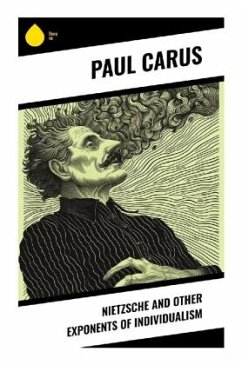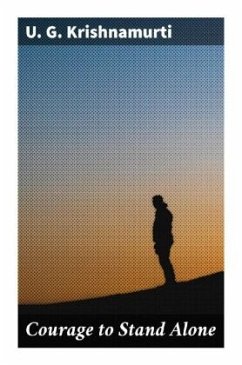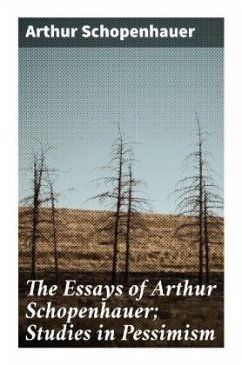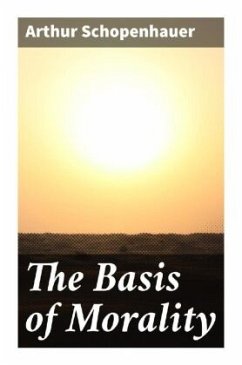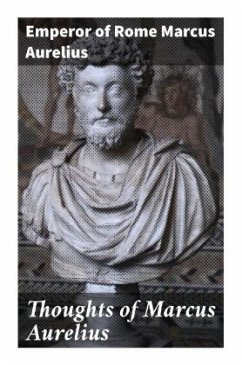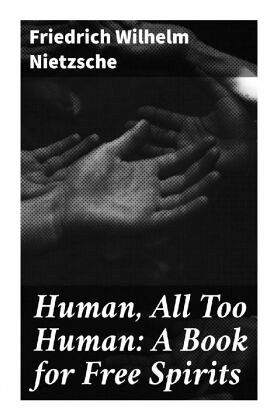
Human, All Too Human: A Book for Free Spirits
Versandkostenfrei!
Versandfertig in 6-10 Tagen
9,49 €
inkl. MwSt.

PAYBACK Punkte
5 °P sammeln!
In "Human, All Too Human: A Book for Free Spirits," Friedrich Wilhelm Nietzsche embarks on an intellectual exploration of the nature of humanity, morality, and free will, challenging prevailing philosophical doctrines of his time. Written in a stark, aphoristic style, the work is characterized by its incisive clarity and bold assertions, reflecting Nietzsche's break from metaphysical thinking. Published in 1878, the book serves as a precursor to Nietzsche's later, more comprehensive works, laying the groundwork for existentialism by probing the psychological and cultural dimensions of the huma...
In "Human, All Too Human: A Book for Free Spirits," Friedrich Wilhelm Nietzsche embarks on an intellectual exploration of the nature of humanity, morality, and free will, challenging prevailing philosophical doctrines of his time. Written in a stark, aphoristic style, the work is characterized by its incisive clarity and bold assertions, reflecting Nietzsche's break from metaphysical thinking. Published in 1878, the book serves as a precursor to Nietzsche's later, more comprehensive works, laying the groundwork for existentialism by probing the psychological and cultural dimensions of the human condition and advocating for the life of the mind unchained from dogma. Nietzsche's experiences-his early education in classical philology, his engagement with Romantic literature, and his critical perspective on organized religion-shaped his philosophical outlook. His tenure as a professor and his own struggles with health and societal expectations fueled his desire to examine humanity beyond accepted norms. "Human, All Too Human" thus represents a personal and philosophical turning point in Nietzsche's quest for intellectual freedom. I recommend "Human, All Too Human" to readers seeking to engage with profound philosophical inquiries that resonate with contemporary issues of individuality and societal constructs. This seminal text invites free spirits to question assumptions and embrace a worldview that celebrates the complexity and fragility of human existence.



